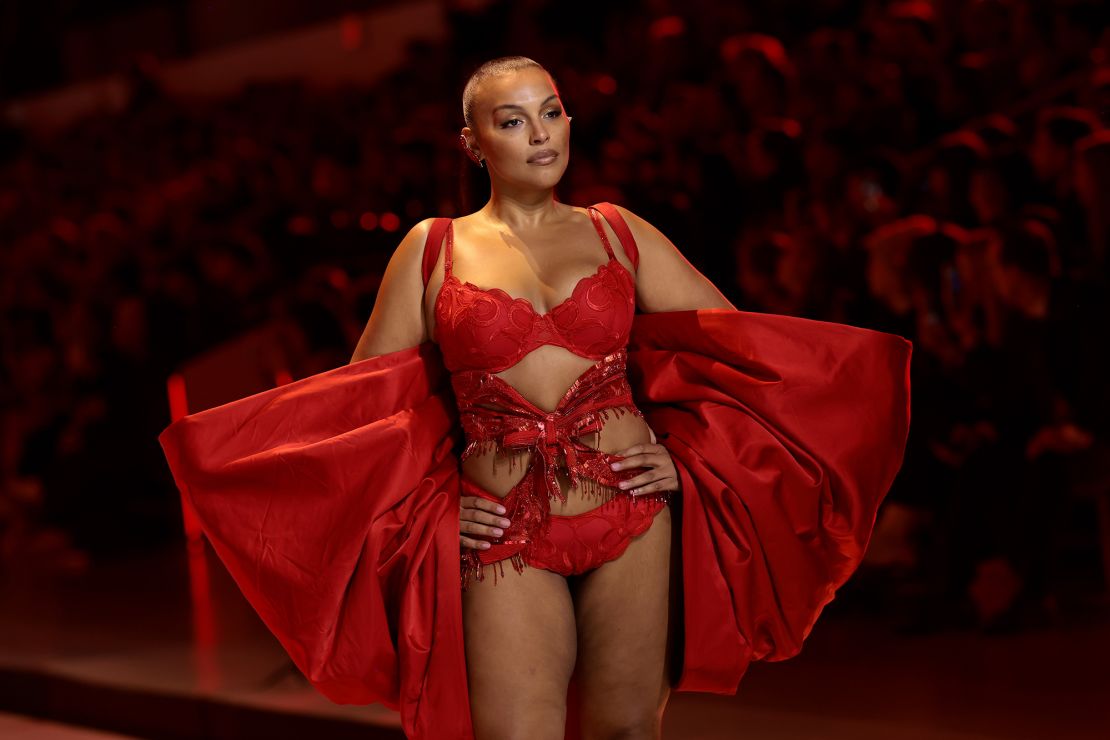Then the bubble burst with tumbling sales and declining viewership. Criticism reached its peak in 2018, when Razek told Vogue he didn’t believe transgender models (whom he referred to as “transsexuals,” a term seen as outdated and offensive to the LGBTQ community) belonged on the brand’s runways “because the show is a fantasy.”
He also admitted to some pitfalls: “Yeah, we made some fashion mistakes. We were late to the party on bralettes; we were late to the party on downtown influences in our looks.”
The explosive interview, in which Razek also said there was no public interest in a plus-size Victoria’s Secret catwalk, sparked public outrage and model mutiny, with Kendall Jenner, Lily Aldrige and Karlie Kloss reportedly writing Instagram story posts in support of the trans community.
Razek later apologized in a statement posted on X (then Twitter), saying that his remarks came off as “insensitive” and that the retailer “would absolutely cast a transgender model for the show.”
Also hurting the brand was Wexner’s business ties to Jeffrey Epstein, the financier and convicted sex offender. Wexner previously described Epstein as his former personal money manager and ended his relationship with Epstein in 2007.
The billionaire has apologized for his association with Epstein, who died by suicide in prison in 2019, but the relationship was damaging to the company’s image. He eventually stepped down in 2020 as CEO when Victoria’s Secret was valued at just $1.1 billion (down from $28 billion five years prior) and taken private.
Rise and fall and rise again?
The brand remains well-known in the US’s lingerie market, but it is far from the days of its Y2K cultural dominance. It has spent the last four years overhauling its hyper-sexualized image in a bid to regain cultural relevance and win back young consumers.
A former executive of the company, who asked for their name to not be published, defended the rebrand attempts to CNN, saying the new leadership was facing significant challenges. “There had already been a five- or six-year decline, erosion in the fundamentals of the business,” on top of fixing the company’s reputation. “And by addressing that, we also were able to create a world where women could feel comfortable with the brand rather than put off by it,” they added.


Will Victoria’s Secret soar to the heights it enjoyed a decade ago? The monoculture, which the retailer so deftly navigated back then, does not exist anymore, says Sherman of social media changing consumer habits.
“We all live on our tiny corner of the internet, so they’re (Victoria’s Secret) going to have to find their tiny corners, and the people who live there, to love them.”
This means that success today is very different from 2004 or 1994, she said there’s a desire to see Victoria’s Secret “achieve relevance again — and that is also harder than ever to do.”








